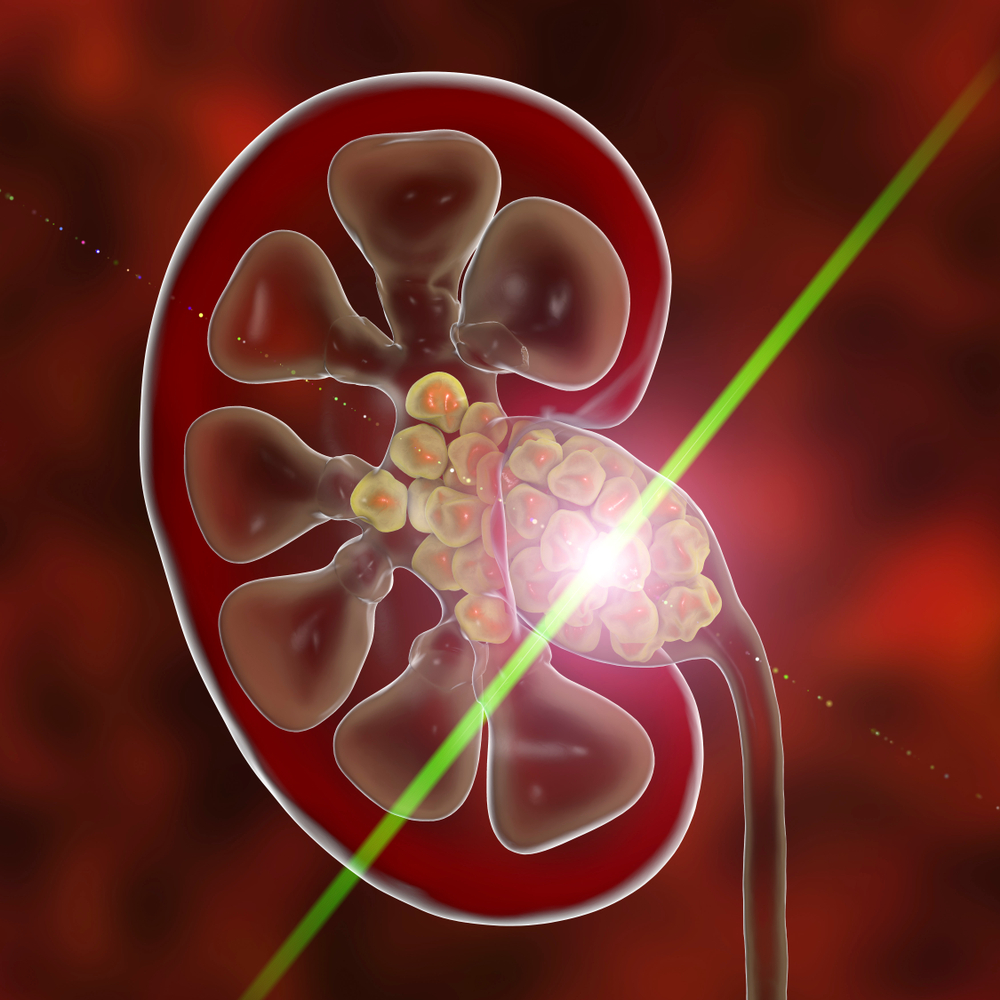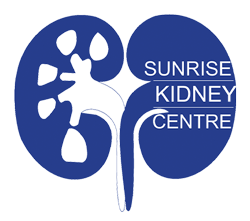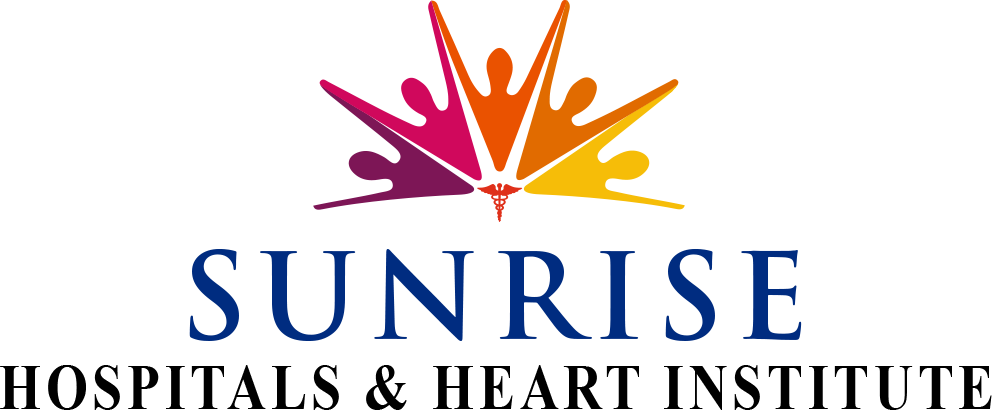Laser Lithotripsy treatment in Vijayawada
Laser lithotripsy is a minimally invasive medical procedure used to fragment kidney stones and ureteral stones using a focused laser beam, typically a holmium: YAG laser. This technique involves inserting a thin fibre through a cystoscope or ureteroscope to precisely target and break down stones into smaller pieces that can be naturally expelled or easily removed. Kidney stones laser treatment in Vijayawada offers high success rates, minimal tissue damage, and reduced recovery times, making it a preferred treatment for complex or large stones. Its versatility and safety profile have revolutionized urological care, providing patients with an effective solution to kidney stone management with fewer complications.
Why prefer this type of procedure?
The primary reason for Laser Lithotripsy treatment in Vijayawada is the high precision it provides in fragmenting stones, regardless of their size or hardness, thereby reducing trauma to surrounding tissues. This technique is especially beneficial for stones located in challenging areas, such as the lower calyces or ureter, where traditional methods may be less effective. Additionally, laser lithotripsy minimizes patient discomfort and shortens recovery times, enabling quicker return to daily activities. It also offers a lower risk of complications like bleeding or infection compared to open surgical approaches. The versatility of laser technology allows for the treatment of a wide range of stone compositions, including harder stones resistant to other methods. Moreover, the ability to visualize and target stones with real-time imaging enhances the effectiveness and safety of the procedure. As a result, laser lithotripsy has become a preferred option for urologists seeking a precise, safe, and efficient means of managing calculi, ultimately improving patient outcomes and quality of life.

When should you prefer Laser Lithotripsy?
Laser lithotripsy in Vijayawada is best suited for patients with renal or ureteral stones that are resistant to conservative management and cause significant pain, infection, or obstruction. It is particularly indicated when stones are larger than 5 mm, as smaller stones often pass spontaneously. The procedure is preferred when stones are located in the lower pole of the kidney, where spontaneous passage is less likely, or when they are obstructing the urinary tract and risking damage to renal function. Additionally, laser lithotripsy is ideal for stones that are hard or dense, which are less responsive to extracorporeal shock wave lithotripsy (ESWL). Patients with complex renal anatomy or those with contraindications to open surgery also benefit from this minimally invasive approach. Ultimately, the decision to proceed with laser lithotripsy hinges on stone size, location, composition, patient symptoms, and overall health status, ensuring a tailored treatment plan to maximize success and minimize complications.
Two types of Lithotripsy
Two unique types of lithotripsy are:
- Extracorporeal Shock Wave Lithotripsy (ESWL), which uses focused shock waves generated outside the body to break kidney stones into smaller fragments.
- Laser Lithotripsy, a minimally invasive procedure where a laser fiber is inserted through a thin endoscope to directly target and pulverize stones within the urinary tract.
Different types of Laser Lithotripsy
Laser lithotripsy, a minimally invasive procedure for fragmenting kidney and urinary stones, primarily includes various innovative techniques such as:
- Holmium: YAG laser lithotripsy, characterized by its versatility and effectiveness on stones of different compositions;
- Thulium Fiber Laser (TFL), offering finer precision and reduced retropulsion for delicate stones;
- Pulsed Dye Laser (PDL), which is less commonly used but valuable for specific cases involving soft tissue or certain stone types.
Emerging methods also explore combined laser modalities and customizable pulse settings to optimize fragmentation efficiency, minimize tissue damage, and improve patient outcomes, making laser lithotripsy a continually evolving field tailored to diverse clinical needs.
Extracorporeal shock wave lithotripsy (ESWL) procedure
Extracorporeal shock wave lithotripsy (ESWL) is a non-invasive procedure that uses focused high-energy shock waves generated outside the body to fragment kidney stones into smaller, passable pieces. The process begins with the patient lying comfortably on a specialized treatment table, often under mild sedation or anesthesia to ensure minimal discomfort. Ultrasound or fluoroscopic imaging guides the precise targeting of the shock waves to the stone's location. Once aligned, a lithotripter device generates controlled shock waves that travel through the skin and tissues, concentrating their energy on the stone. The shock waves break the stone into tiny fragments, which are then naturally expelled through the urinary tract over the following days or weeks. The procedure typically involves multiple sessions at a kidney stones removal hospitals in Vijayawada with the operator continuously monitoring the stone fragmentation progress via real-time imaging. Post-procedure, patients may experience some pain or hematuria, but serious complications are rare, making ESWL a preferred minimally invasive option for stone treatment.
Laser Lithotripsy procedure
The process begins with the patient under anesthesia, where a small cystoscope or ureteroscope is inserted through the urethra to access the urinary tract. The surgeon carefully navigates to the site of the stone, using fluoroscopic guidance to confirm positioning. Once the stone is located, the laser fibre is advanced through the ureteroscope’s working channel, and precise laser pulses are applied to break the stone into smaller, passable fragments. Throughout the procedure, irrigation helps clear debris and visualize the stone. After successful fragmentation, the surgeon may insert a temporary stent to facilitate urine flow and prevent obstruction. The entire process is performed under continuous monitoring, ensuring minimal trauma and efficient stone clearance, often allowing patients to recover quickly with reduced hospital stays.
If you or someone you know is suffering from kidney stones a prompt medical diagnosis under Dr. M.V Sai Krishna at Sunrise Kidney Centre can help to prevent further escalation of the ailment into severe kidney problems and alleviate any associated pain.

